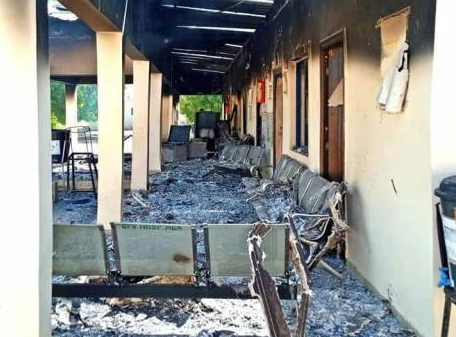Trumps reversal on visas fails to reassure chinese students
The U.S. government withdrew new visa requirements for foreign students on Tuesday, but that didn’t make Denise Luo feel better about her academic plans.
Luo, who works for a marketing company in Hangzhou, was choosing between two schools in Seattle for a master’s degree in communications. Now she’s considering options in Hong Kong and Macau.
“The U.S. is growing more hostile toward China,†Luo said. “It’s making life for Chinese in the U.S. very awkward.â€
The whiplash of the the past week has added to the doubts many Chinese students have about studying in the States. Last week, U.S. Immigration and Customs Enforcement said students would lose their visas if they didn’t have in-person classes because of the pandemic; the government reversed itself Tuesday after Harvard University, MIT and dozens of other colleges challenged the policy in court.
For colleges and universities in the U.S., China has long been a major source of students, and their tuition payments are important sources of revenue. In its 2019 fiscal year, the U.S. government gave visas to over 160,000 students and scholars from China, more than any other country, according to U.S. State Department data.
Chinese students and their families were already concerned about President Donald Trump’s trade war with China and growing hostilities on campus. The pandemic and the recession added to their worries. Meanwhile, long waits for visas, the uncertain plans of colleges and universities, and the flip-flop of the last week have frustrated those who still want to go.
“We really don’t know what to do at the moment,†said Beijing resident Sue Wang. Her son plans to study electrical engineering at the University of California San Diego starting in January. “The policy keeps changing,†she said.
The family chose the U.S. school over institutions in the U.K. and Canada, only to watch Covid and racial uprising roil the country. She said it’s probably too late for them to change their plans.
“I decided to send my kid to the U.S. because we admired the country. It’s considered powerful and affluent,†she said. “Now I am really disappointed after seeing all the chaos and social problems there recently.â€
Withdrawing the tighter restrictions “puts the U.S. back in the game a little bit,†said Angela Lehmann, international education analyst at the Lygon Group, a Melbourne-based consultancy. The country’s reputation as a leader in higher education means it’s still a favorite for Chinese families.
For now, students like Anson Qian aren’t sure whether or when they’ll be able to return to campus. In Shanghai for a summer internship, Qian, 28, may need to find another country for a two-week stopover before he can return to his MBA program at Northwestern University.
“Even with the latest development on student visas, there’s still a lot of uncertainty,†he said. “I’d like to get a bit more clarity before I return.â€
Even if he does get back to Illinois, Qian doesn’t see his future in the U.S. “Because of everything that’s happened, the chances of me finding a job in the U.S. have drastically dropped,†he said. “I think working in China will be better for me in the longer term.â€










Gilbert 2020-07-24 16:50:15
Trump is a sturborn president